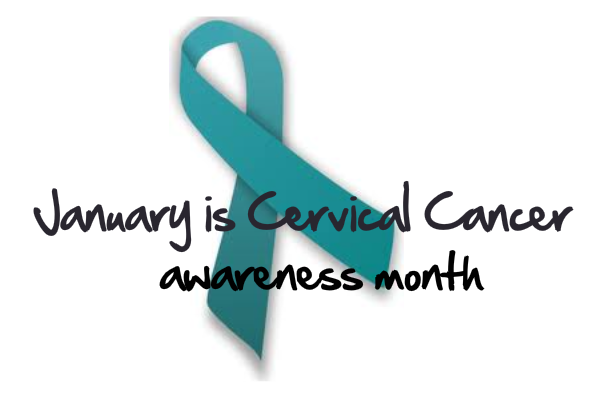Cervical cancer screenings can identify potential health risks
January is Cervical Health Awareness Month! Did you know that approximately 20 million Americans have HPV (human papillomavirus)? It is the most common sexually transmitted infection, and it is a major cause of cervical cancer.
HPV transmission and vaccination. Many people falsely believe that lesbians are not at high risk of contracting HPV. According to the National Cervical Cancer Coalition, a simplified view of how HPV is transmitted perpetuates this myth. Although penile-vaginal sex is one mode of transmission, HPV can also be passed through skin-to-skin contact. Consequently, it can be difficult to protect yourself, even when you practice safer sex. Don’t despair! The HPV vaccine can help prevent HPV infection, and cervical cancer can often be avoided with regular screenings and follow-up care.
The HPV vaccine, also known as Gardasil, is given in three doses and offers protection against the four high-risk types of HPV most commonly associated with cervical cancer. The CDC recommends that girls and women ages 11 to 26 receive the vaccine. Ideally, it should be given before a girl becomes sexually active.
Cervical cancer screenings. Also called Pap tests and, previously, Pap smears, these screenings can detect abnormal cells of the cervix before they become cancerous. The Pap test is a simple and painless procedure that involves collecting a small sample of cells from the cervix. It is usually part of a complete gynecological exam. Additional testing of the cells collected during the Pap test can detect HPV, particularly high-risk types. Contrary to popular belief, an abnormal Pap test does not mean that a woman is at high risk of cervical cancer. If you have abnormal Pap test results or positive HPV test results, your health care provider will examine you further to identify and treat possible cervical problems. And, he or she may recommend repeat Pap tests, to monitor changes in cervical cells.
Time frames for preventative measures. As with other types of cancer, early detection is your best protection against cervical cancer. Regular preventative health exams, including Pap tests and HPV tests, are essential for maintaining cervical health. HPV often has no noticeable symptoms and can cause changes in the cells of the cervix that may lead to cervical cancer.
The American Cancer Society recommends the Pap test for all women between the ages of 21 and 65. Women over the age of 30 should also consider additional testing for HPV. If the results of your Pap test are normal and HPV is not detected, then your health care provider may recommend that you wait three years until your next Pap test. However, you should still visit your health care provider annually for a well-woman visit. The Affordable Care Act covers annual well-woman exams and cervical cancer screenings. Depending on your insurance plan, you might even receive these services at no cost.
Each year, nearly 12,000 women in the United States are diagnosed with cervical cancer. Don’t become a statistic! Keep your cervix healthy by getting regular Pap tests and HPV tests. And, talk with your health care provider about your eligibility to receive the HPV vaccine.
Amie Krautwurst is a Health Educator at Whitman-Walker Health where she provides counseling services and HIV testing, and facilitates the healthy relationships DEBI program and the breast health initiative.


